The inconclusive election result plunges the UK into renewed short term political uncertainty.
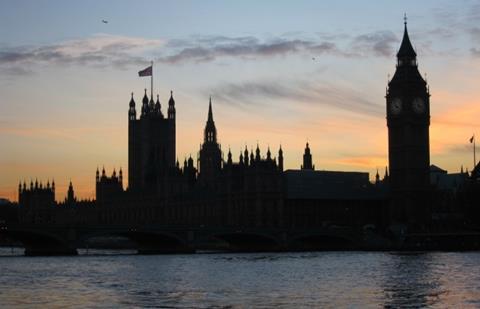
Following confirmation of a hung parliament, Theresa May seems certain to form a minority Tory government with informal backing from the DUP. The sustainability of this arrangement remains to be seen, but in any case it means that the government has reduced its influence and ability to determine policy and to negotiate with the EU over Brexit. It is possible that the UK ends up pursuing a softer Brexit than May has been suggesting over the last few months.
The immediate short term will see the fallout from the hung parliament result cleared up. Following this, whilst downside risk and the possibility of volatility remain due to the uncertainty regarding Brexit negotiations, we believe that UK commercial real estate is on a fairly steady footing. With the economy continuing to grow, investors should be comforted by real estate’s rental fundamentals, which benefit from ongoing (albeit softer) occupational demand and, for most markets, a lack of significant supply of space.
UK property offers attractive yields, compared to both other asset classes and to other property markets globally. The renewed cheapness of sterling also boosts the UK’s attractiveness to foreign investors. The election result does not change our belief that there will continue to be investor demand for core real estate in the UK, and that the weaker pricing for riskier secondary assets should provide interesting opportunities for some investors.
Finally, the fall in support for the SNP means that there is now a lower likelihood of there being a second Scottish Independence referendum. In reducing this uncertainty, real estate assets north of the border should benefit.
Richard Gwilliam, head of property research at M&G Real Estate

























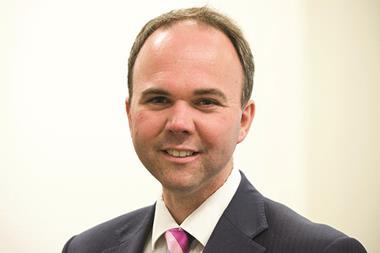
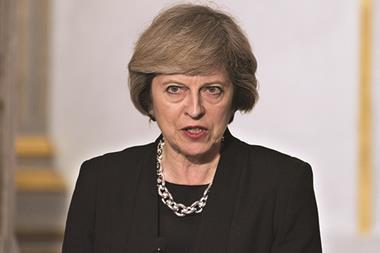
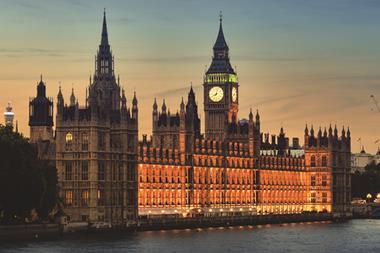
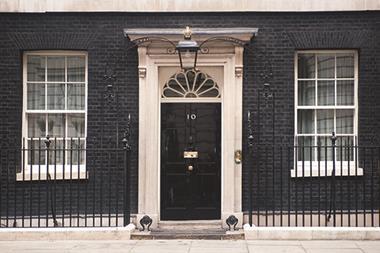

No comments yet